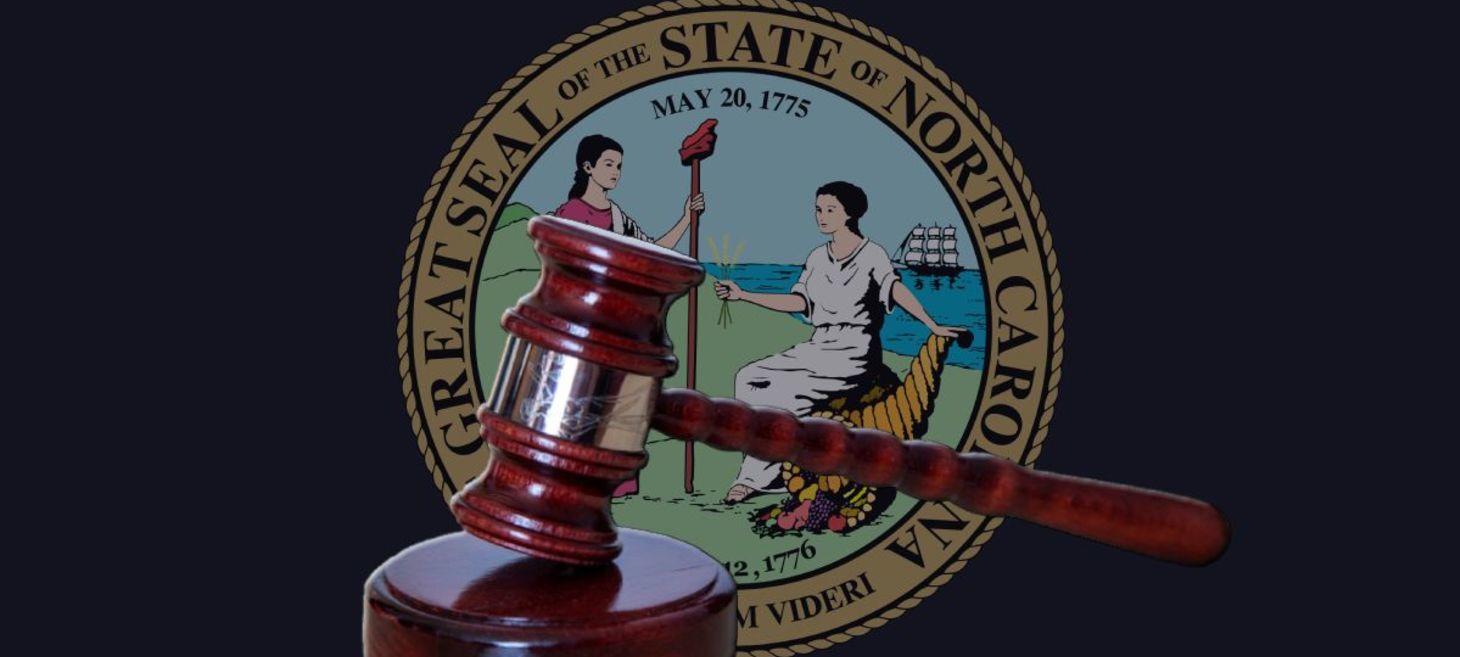Issue Highlights

Jane Goodall Reveals 90th Birthday Plans (Exclusive)
Even as she approaches 90, Goodall's schedule remains busier than ever. According to the Jane Goodall Institute, the tireless advocate — who travels about 300 days a year sharing her passion for chimpanzees and environmental issues — “will continue to spread her message of hope through action” in various parts of the world this year.
Eight Questions for Shelby Chestnut, Executive Director of Transgender Law Center | Inside Philanthropy
IP spoke with Chestnut about their background, work at Transgender Law Center, and hopes for philanthropy.
LGBT Ugandans won't be allowed to join together to fight for their rights
The Uganda Court of Appeal has upheld a lower court ruling that the Uganda Registration Services Bureau (URSB) was right to reject official registration of the LGBTQ rights group Sexual Minorities Uganda (SMUG).
Great Apes & Gibbons

UN probes controversial forest carbon agreement in Malaysian Borneo
questions arose as to whether the state’s Indigenous peoples, who collectively account for more than half its population, had been adequately informed about the agreement’s plans for 2 million hectares (4.9 million acres) of Sabah’s forests

To detect illegal roads in remote areas, AI comes into play
Illegal roads, which fall outside the purview of environmental governance, often cut through dense forests and cause harm to the biodiversity living in fragile ecosystems.

Can Europe Save Forests Without Killing Jobs in Malaysia? - The New York Times
The European Union’s law, which was passed last year, bars products that use palm oil and other commodities like rubber and wood that come from forestland that was converted to agriculture after 2020.
Philanthropy
Who Is Binaifer Nowrojee, the New President of Open Society Foundations? | Inside Philanthropy
Born in London to an Indian family and raised in Kenya, she is perhaps best-known for her central role in the grantmaker’s multi-year restructuring, under which the once-massive operation has laid off staff, shuttered programs and closed offices, even as it has maintained its grantmaking levels.
Four Big Takeaways from MacKenzie Scott's Open Call Grant Drop | Inside Philanthropy
Will her latest round of funding convince her peers to adopt trust-based practices like unrestricted support and participatory grantmaking panels? Will she expand her footprint in the systems change space? And to what extent will she channel future giving through what she calls an “ongoing” open call effort?
Time will tell how that all plays out. In the meantime, let’s look at a few more definitive takeaways from Yield Giving’s open call results.

One Year After ChatGPT4: Where is Philanthropy? - The Center for Effective Philanthropy
48 percent of funders and 66 percent of nonprofit respondents claim their organization currently utilizes some type of AI. While the nonprofit field often lags industry in technology adoption, in this instance, grantmakers are trailing their grantees.
Nonprofit Boards Remain Predominantly White. Do Funders Care? | Inside Philanthropy
The majority of nonprofits serve populations of color, at least in part, but a full 78% of nonprofit board members are white — and 22% of organizations say that they don’t have a single person of color sitting on their board, according to BoardSource’s 2021 “Leading With Intent” report.
Response to Sommer: How to miss the point of board members - Alliance magazine
In his article on staff relations with boards, Simon Sommer makes three central claims, and they come one right after the other:
The primary role of a board is to ensure that every action taken by the foundation aligns with its charter and the law. Deep expertise in the programmatic areas of a foundation does not fall within this remit. Education of the board by the team, in this context, is therefore not a requisite. The only problem with this argument is that the first part is too narrow, the second part ignores the positive changes in foundation governance over the past two decades or more, and the third part is an unnecessary restriction on good organizational communication. Let’s take a closer look at each.

Learning from Grantee Feedback: Policy, Process, and Cultural Changes That Make a Difference - The Center for Effective Philanthropy
just under three years later, on our next survey, our scores improved markedly.
What made the difference? We believe three overarching factors enabled the change: shifts in grantmaking policy, grantmaking processes, and, lastly and most especially, grantmaking culture.
Not Sure Where to Start With Participatory Philanthropy? There’s a New Tool to Help | Inside Philanthropy
The interactive self-assessment lets funders gauge their level of participatory practice in all facets of their operations, such as grantmaking, governance and leadership, and communication, and lays out a series of questions to facilitate goal-setting so leaders can take that next step.
Power does not shift easily - Alliance magazine
Early in our process, we realised the need for internal clarity on what we meant by ‘decolonising our work’ and ‘shifting power’. These are big concepts, often open to interpretation, which meant it was important to create collective understanding on their meaning in the context of who we wanted to be. For us, decolonising and shifting power means disrupting the dominant funding system especially in the disability justice space.

Demystifying Candid data
to demystify how exactly Candid goes about collecting better and more timely data and numerous ways we offer data that will help nonprofits achieve their missions for free or at a discount
The politics of reparations: The path to racial equity requires more philanthropic investment - Alliance magazine
The Bridgespan Group, a global non-profit that advises philanthropy, NGOs and impact investors, and Liberation Ventures, an intermediary organisation and donor committed to reparations, collaborated on a report on the role that philanthropy could play in the movement for reparations and building a culture of racial repair








